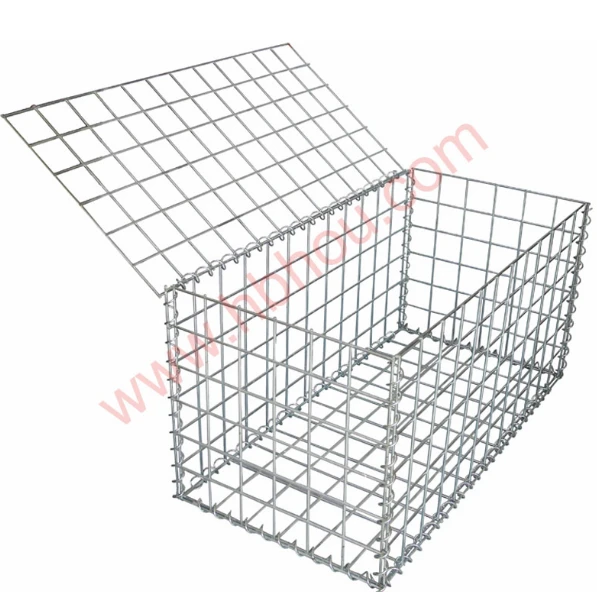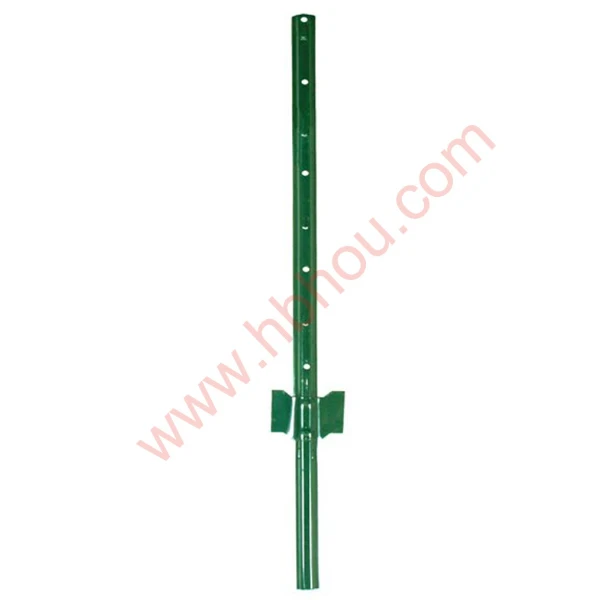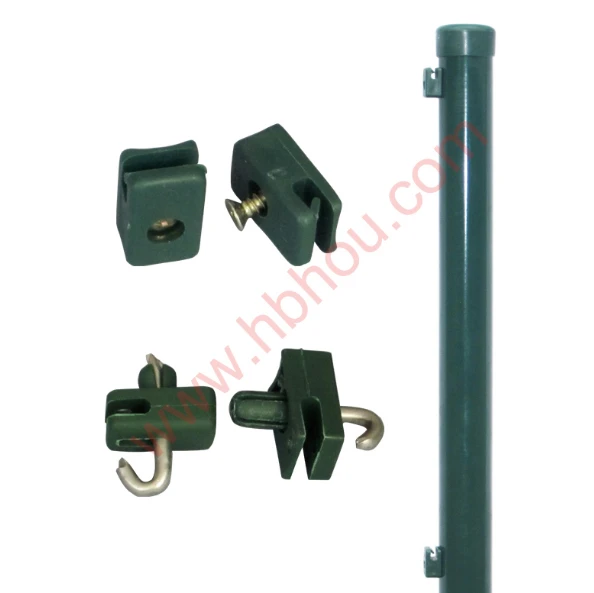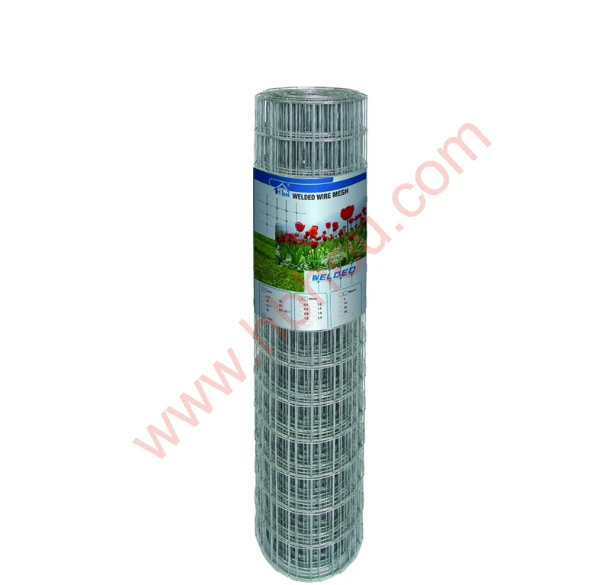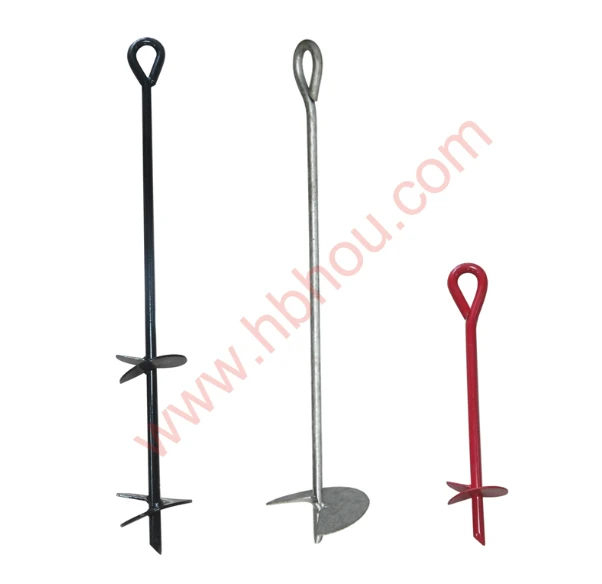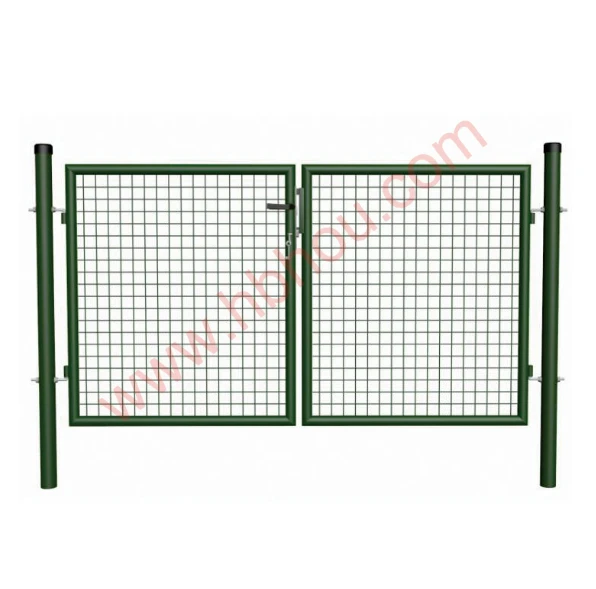Choosing the Right Soldering Iron for Large Wire Projects
When it comes to working with large wires, the standard soldering iron may not meet your needs effectively. For projects involving thicker gauge wires, it’s crucial to select the right soldering iron to ensure a strong and reliable bond. In this article, we’ll explore the features to consider when choosing a soldering iron suitable for large wire applications.
Wattage Matters
The wattage of a soldering iron plays a significant role in its effectiveness. For soldering larger wires, a higher wattage iron (preferably 100 watts or more) is ideal. High wattage allows the soldering iron to maintain its heat, even when applied to larger metal surfaces. This is essential, as thick wires require more heat to melt the solder and create a proper connection. A lower wattage iron may struggle, leading to cold solder joints that can fail under stress.
Tip Size and Shape
The tip of the soldering iron is another crucial factor to consider. A larger tip can transfer more heat to the wires quickly, making it easier to solder effectively. Look for a chisel or flat tip, which provides ample surface area to ensure adequate contact with the wire. A fine-point tip, while useful for small components, is not suitable for large wire applications as it can struggle to provide enough heat.
Temperature Control
soldering iron for large wire

Having control over the temperature of your soldering iron can significantly improve your work's quality. Soldering large wires requires higher temperatures; thus, an adjustable temperature feature is a valuable option. This functionality allows you to set the optimal temperature for your specific soldering material, ensuring good flow and adhesion of the solder. Some advanced soldering stations come equipped with digital displays that make it easier to monitor and adjust the temperature.
Ergonomics and Weight
When working on extensive projects, comfort becomes vital. A soldering iron that is too heavy or poorly designed can lead to fatigue, especially during long soldering sessions. Look for a model with an ergonomic handle that fits comfortably in your hand, allowing for better control and reducing strain.
Safety Features
Safety should always be a priority when working with soldering equipment. Some soldering irons come with features such as automatic shut-off, heat-resistant handles, and safety grips, all of which can help minimize risks during use. Ensure that your soldering iron adheres to safety standards to protect yourself and your workspace.
Conclusion
Selecting the right soldering iron for large wire projects can make a significant difference in the quality of your work. By considering factors such as wattage, tip size, temperature control, ergonomics, and safety features, you can choose a soldering iron that will meet your needs effectively. Investing in a suitable soldering iron will not only improve your soldering experience but will also lead to more durable and reliable connections in your projects.









